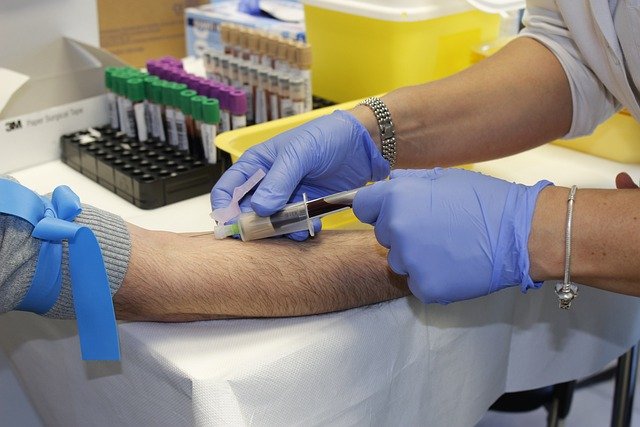Understand the Causes of a High BUN Creatinine Ratio and What It Could Indicate
Blood tests revealing a high BUN (Blood Urea Nitrogen) to creatinine ratio can be a critical indicator of various health conditions. This ratio provides valuable insights into kidney function, metabolic processes, and potential underlying medical concerns. Understanding what this diagnostic measurement means can help you take proactive steps toward your health and well-being.

What is a BUN Creatinine Ratio?
The BUN creatinine ratio is a blood test that compares two key waste products in your bloodstream: blood urea nitrogen (BUN) and creatinine. Medical professionals use this diagnostic tool to assess kidney function, hydration status, and potential metabolic issues. A normal ratio typically ranges between 10:1 and 20:1, with variations depending on age, gender, and individual health factors.
Common Causes of a High BUN Creatinine Ratio
Several factors can contribute to an elevated BUN creatinine ratio. Dehydration is one of the most common causes, as reduced fluid intake can concentrate waste products in the blood. Kidney dysfunction, including chronic kidney disease, can also lead to an abnormal ratio. Other potential causes include:
-
Gastrointestinal bleeding
-
High protein diet
-
Certain medications
-
Congestive heart failure
-
Increased protein breakdown
Possible Health Conditions Indicated
A consistently high BUN creatinine ratio may signal underlying health conditions that require medical attention. These can include:
-
Kidney disease or kidney damage
-
Urinary tract obstruction
-
Digestive system problems
-
Cardiovascular issues
-
Metabolic disorders
Lifestyle Factors That Affect the Ratio
Certain lifestyle choices and external factors can influence your BUN creatinine ratio:
-
Dietary habits, especially high-protein diets
-
Hydration levels
-
Exercise intensity
-
Stress management
-
Medication use
-
Alcohol consumption
Next Steps if Your Ratio is High
If your blood test reveals an elevated BUN creatinine ratio, consider the following actions:
-
Consult with a healthcare professional
-
Undergo comprehensive medical evaluation
-
Review current medications
-
Assess hydration and dietary habits
-
Consider additional diagnostic tests
This article is for informational purposes only and should not be considered medical advice. Please consult a qualified healthcare professional for personalized guidance and treatment.




